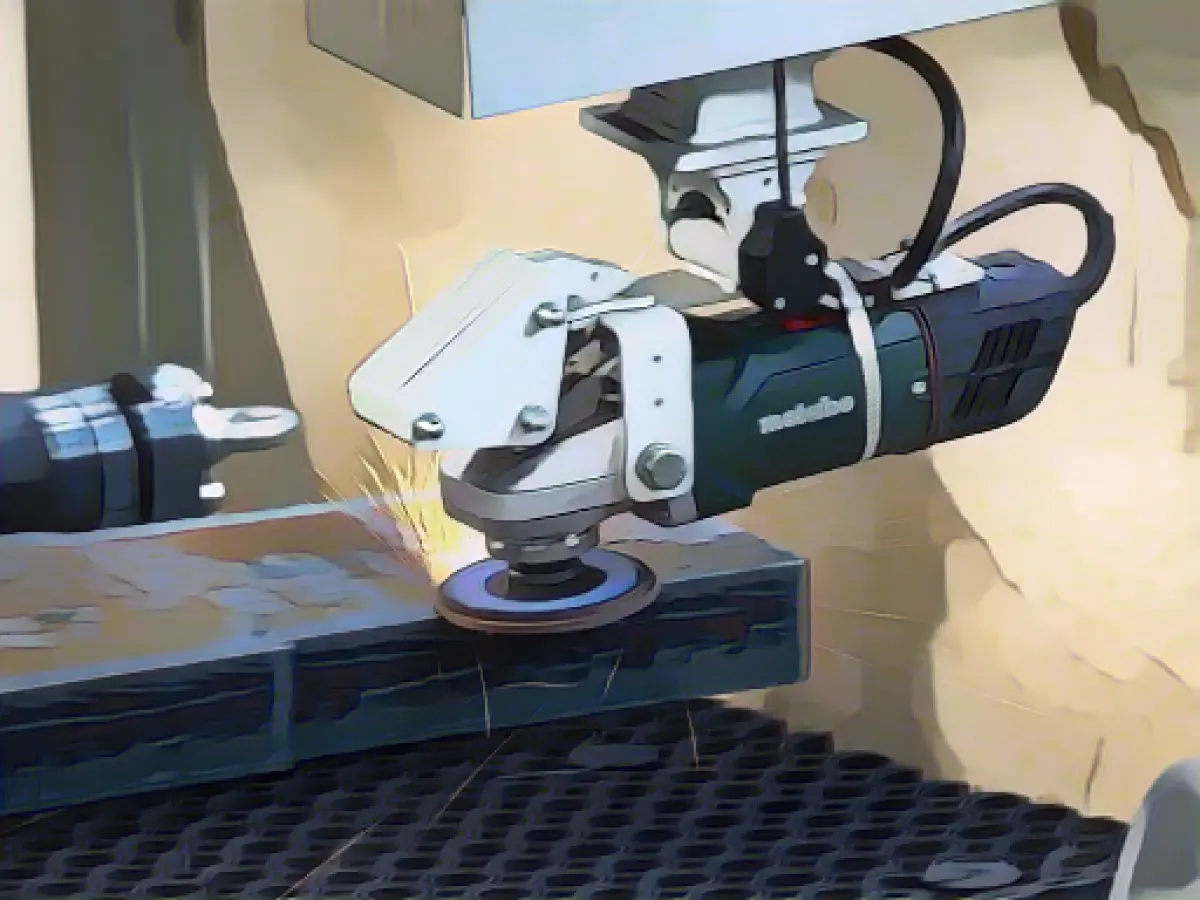Small and medium-sized businesses (SMEs) are poised to greatly benefit from robotics, according to a trade association. The International Federation of Robotics (IFR) secretary general, Susanne Bieller, stated that the use of robots will shift from large corporations to smaller businesses, enabling them to compete in the future. The potential for robots in SMEs is substantial, with areas like ease of use and cost savings being particularly important to these businesses.
Bieller noted that there's been a significant push towards robotics in recent years, reducing the barriers to investment. For instance, a welder could easily program a robot to follow a welding line using a touchpad, making it an accessible technology. The advantages are numerous, with consistent product quality, lower waste, and environmental benefits resulting in reduced production costs.
Robotics also have the potential to mitigate the impact of demographic change and the resulting shortage of skilled workers. By automating routine tasks, human workers can focus on more creative and strategic roles. However, there may be a bottleneck in the area of system integrators, the specialists who adapt robots to company processes and install them on a customer-specific basis.
Industrial robot sales are currently at an all-time high, and Germany is the most automated economy in Europe. The increasing adoption of robots in SMEs, such as in the electronics industry, is opening up opportunities in the field of mechanical engineering, especially robotics.
Enrichment Insights:
- Robot-as-a-Service (RaaS) and Low-Cost Robotics: These solutions make advanced robotics more accessible to SMEs by offering tailored solutions and "good enough" alternatives, respectively.
- Collaborative Robots (Cobots): The adoption of cobots has increased in SMEs, especially for tasks requiring precision, consistency, and endurance.
- Addressing Labor Shortage: Robotics can reduce the impact of labor shortages by automating repetitive tasks, allowing human workers to focus on higher-value tasks.
Despite these advantages, there are challenges to consider, such as high initial costs, integration issues with existing infrastructure, ethical concerns about workforce displacement, and software compatibility issues. System integrators must address these challenges to ensure that robots are a beneficial addition to SMEs.







